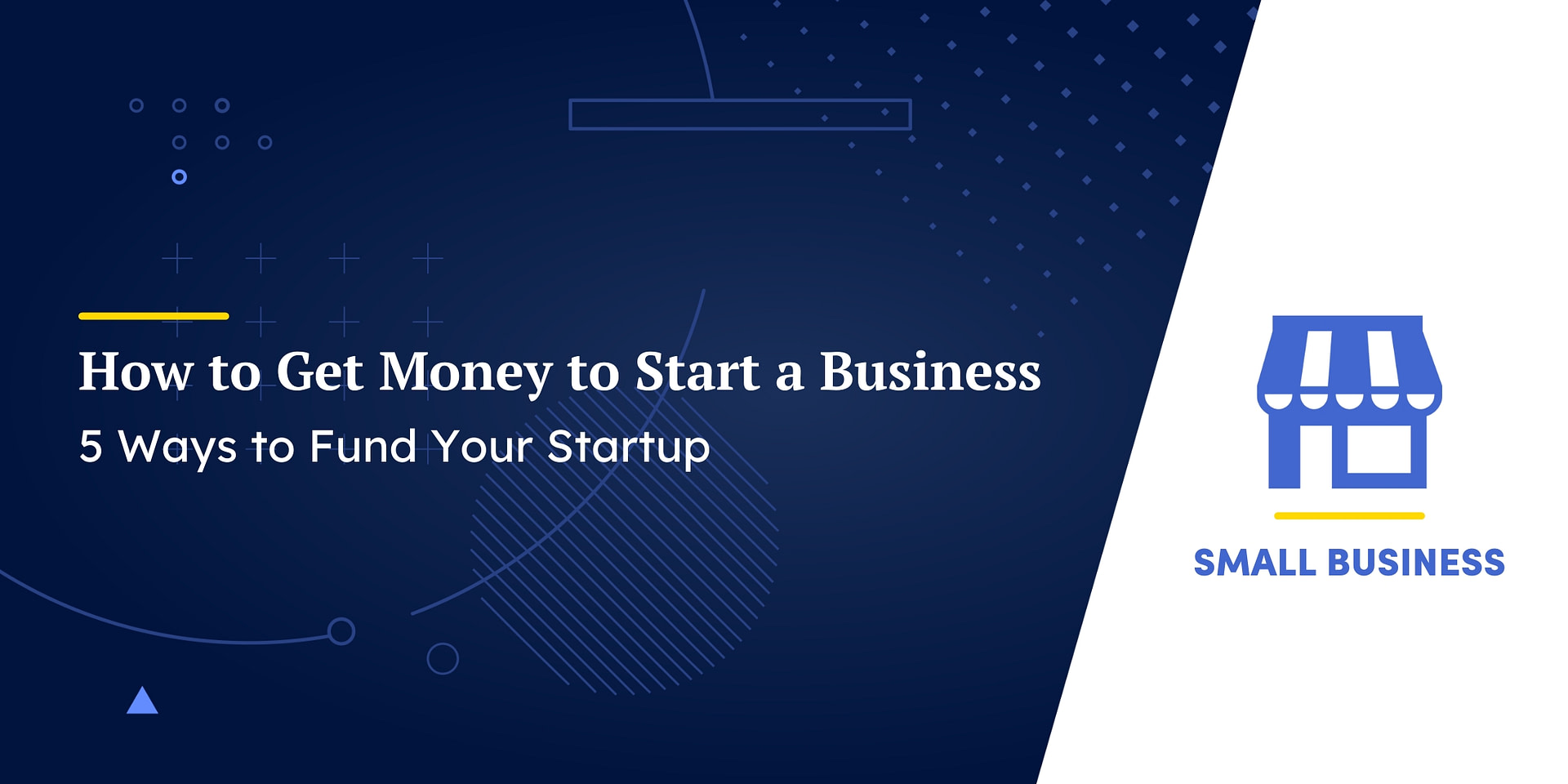Where To Get Money To Start A Business

Funding a new business venture is tough, but not impossible. Here are your key options for securing the capital you need to launch.
Starting a business requires capital, and understanding where to find it is crucial. This article breaks down funding sources, from traditional loans to cutting-edge crowdfunding, providing essential information for aspiring entrepreneurs.
Bootstrapping: Starting Small and Smart
Bootstrapping involves using personal savings and revenue generated by the business to fund operations. This approach minimizes debt and maintains full ownership. It's ideal for startups with low initial capital requirements.
Personal Savings
Tapping into your own bank account is the most direct route. It demonstrates commitment and avoids immediate interest payments.
Revenue Reinvestment
Reinvesting profits back into the business fuels growth organically. This requires careful financial management and patience.
Loans: Traditional Financing Routes
Loans provide a lump sum of capital to be repaid over time with interest. Banks and credit unions are common lenders.
Small Business Administration (SBA) Loans
The SBA doesn't directly lend money but guarantees a portion of loans made by participating lenders. This reduces risk for lenders, making it easier for small businesses to qualify.
SBA loans offer competitive interest rates and longer repayment terms. Visit SBA.gov for details and eligibility requirements.
Bank Loans
Commercial banks offer various loan products, including term loans and lines of credit. These require a strong credit history and business plan.
Investors: Equity and Debt Options
Attracting investors involves giving up a portion of your company in exchange for funding. This can provide substantial capital but also dilutes ownership.
Angel Investors
Angel investors are individuals who invest their own money in early-stage companies. They often provide mentorship and guidance alongside funding.
Venture Capital (VC)
VC firms invest in high-growth potential companies in exchange for equity. This is suitable for startups with a scalable business model.
Crowdfunding
Crowdfunding platforms like Kickstarter and Indiegogo allow you to raise money from a large number of people. This can be a good option for businesses with a strong online presence and compelling product or service.
Grants: Free Money for Eligible Businesses
Grants are non-repayable funds awarded by government agencies and private organizations. Competition is fierce, but the payoff is significant.
Government Grants
Explore federal, state, and local government grant programs. Grants.gov is a central resource for finding opportunities.
Private Grants
Foundations and corporations offer grants to support specific industries or social causes. Research grant-making organizations aligned with your business.
Other Funding Sources
Consider these alternative financing options.
Microloans
Microloans, offered by non-profit organizations, provide small amounts of capital to entrepreneurs. They are often easier to qualify for than traditional loans.
Friends and Family
Seeking financial support from friends and family can be a viable option. Formalize the agreement with a written contract to avoid misunderstandings.
Securing funding is a crucial step. Research each option carefully and choose the approach that best aligns with your business needs and risk tolerance.


















